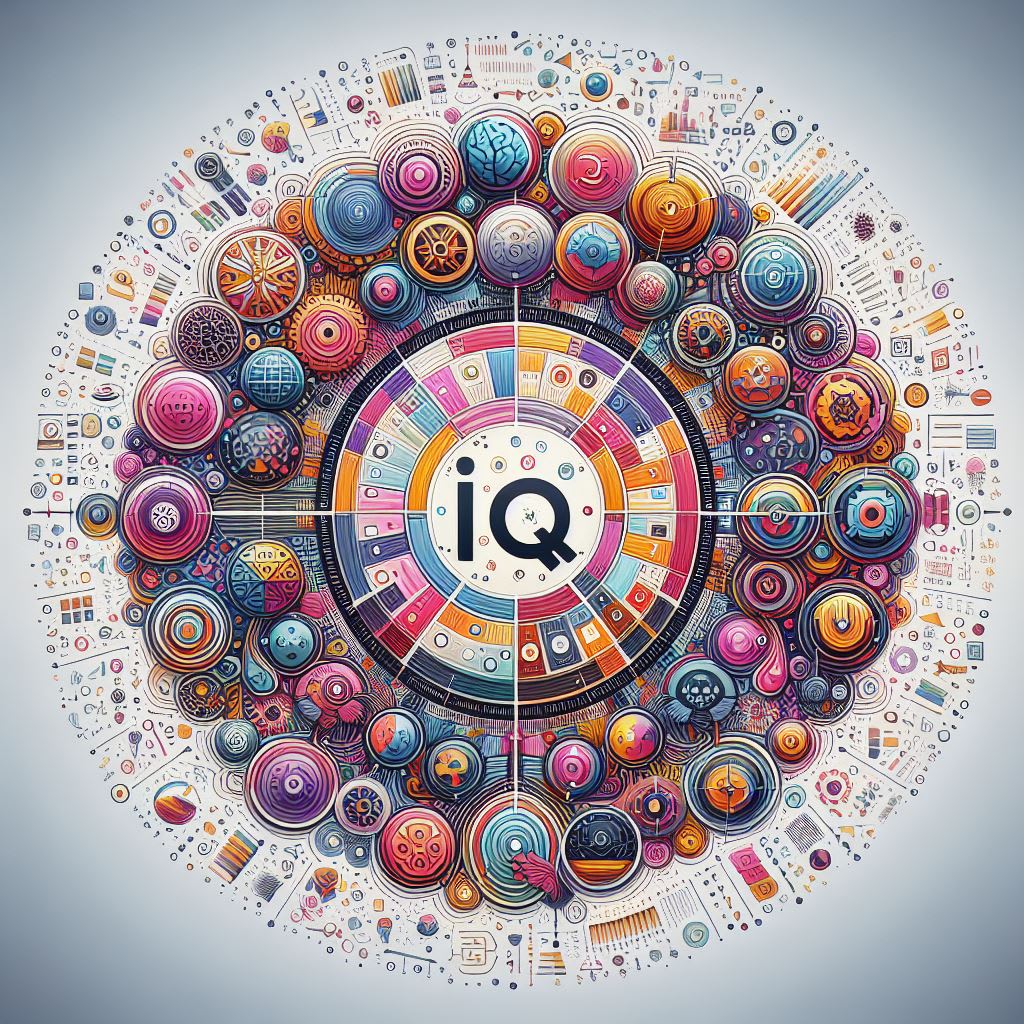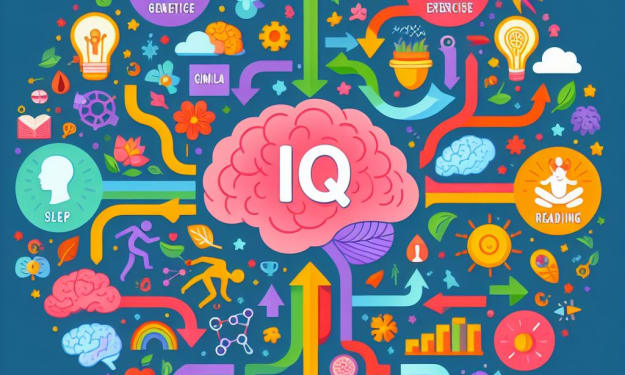IQ Classification
Range and Classification of IQ

In our journey to understand the human mind, the concept of intelligence has always held an interesting aspect. Intelligence is that pure quality that seems to set certain individuals apart, enabling them to top in various aspects of life. But how do we measure and classify intelligence? And what implications does IQ classification hold for individuals? In this blog post, we will explore these questions and shed light on the attractive world of IQ classification.
Defining Intelligence and IQ Classification
Intelligence, at its core, refers to the ability to acquire and apply knowledge and skills. It includes a wide range of cognitive abilities, including reasoning, problem-solving, memory, and creativity. The concept of IQ, or Intelligence Quotient, emerged as a means to quantitatively measure intelligence. It established a way to classify individuals based on their cognitive abilities and compare them to a standard norm.
IQ classification is often represented as a numerical value derived from standardized tests. These tests assess an individual's cognitive abilities across multiple domains, such as verbal comprehension, perceptual reasoning, working memory, and processing speed. The test results are then compared to a representative sample of the population, resulting in an IQ score.
The Bell Curve and IQ Ranges
One of the most well-known representations of IQ classification is the bell curve, also known as the normal distribution. This curve depicts the distribution of IQ scores across the population. The majority of individuals fall within the average range, which is typically defined as an IQ score between 85 and 115. The bell curve shows that fewer individuals have scores that turn significantly from the average, whether towards the lower or higher end.
Based on the bell curve, various IQ ranges have been established to categorize individuals. The widely adopted classification includes:
Intellectual Disability (IQ below 70): Individuals in this range often experience significant limitations in adaptive functioning and may require support in daily activities. It is important to note that intellectual disability is a diverse and complex condition that goes beyond IQ scores alone.
Borderline Intellectual Functioning (IQ between 70 and 85): Individuals in this range may show some difficulties in cognitive tasks and may benefit from targeted interventions and support.
Average Intelligence (IQ between 85 and 115): The majority of the population falls into this range, indicating a balanced and typical level of cognitive functioning.
Above Average Intelligence (IQ between 115 and 130): Individuals in this range often display advanced cognitive abilities and may excel in academics or problem-solving tasks.
Highly Gifted (IQ above 130): Individuals in this range prove exceptional cognitive abilities and may possess talents in specific areas, such as mathematics, music, or artistic pursuits.
Effects of IQ Classification: Beyond the Numbers
While IQ classification provides a framework for understanding cognitive abilities, it is vital to acknowledge its limitations. IQ alone cannot capture the entirety of an individual's intelligence or potential. It is merely a tool that contributes to our understanding of cognitive functioning.
It is crucial to approach IQ classification with sensitivity and caution, particularly when interpreting its implications for individuals. A low IQ score does not reduce an individual's worth or potential. Similarly, a high IQ score does not automatically guarantee success or happiness. Intelligence is a multidimensional construct that extends far beyond a single numeric value.
The implications of IQ classification should be considered within a broader context. It is essential to consider an individual's unique strengths, interests, and environment when assessing their abilities and potential. Furthermore, it is crucial to empower individuals with resources and support that align with their individual needs, rather than solely relying on their IQ classification.
Breaking down limitations and exploring possibilities
IQ classification has been subject to criticism and controversy for various reasons. Critics argue that it can continue stereotypes and limit opportunities for individuals who do not fit within the traditional constructs of intelligence. Certain cultural, socio-economic, and environmental factors can influence an individual's performance on IQ tests, potentially leading to biased outcomes.
It is important to recognize the inherent diversity present within the human intellect. Intelligence can be visible in a multitude of ways, with individuals excelling in different domains and displaying unique talents. Embracing this diversity and fostering an inclusive perspective on intelligence is essential for creating a fair and equitable society.
Develop Potential and Encouraging Growth
While IQ classification provides a framework for understanding intelligence, it is vital to remember that intelligence is not fixed. Our cognitive abilities can be nurtured, developed, and expanded throughout our lives. highlight a growth mindset and providing opportunities for learning and improvement can empower individuals to reach their full potential.
Education systems and societal structures play a crucial role in supporting individuals across the entire spectrum of intelligence. By tailoring educational strategies to meet individual needs, we can create inclusive environments that foster growth and enable all individuals to thrive.
Conclusion:
IQ classification has long been a tool to quantify and understand intelligence. It provides valuable insights into cognitive abilities and contributes to our understanding of human potential. However, it is crucial to approach IQ classification with a nuanced perspective, recognizing its limitations and accepting the diversity of human intelligence.
Intelligence extends beyond a numerical value and encompasses a vast array of cognitive abilities. By creating an inclusive and supportive environment, we can empower individuals to hold their unique strengths and talents. Let us move beyond the confines of IQ classification and celebrate the richness and diversity of human intelligence.
About the Creator
IQ Metrics
IQMetrics.org is a comprehensive platform offering insightful resources on IQ testing, assessments, and understanding intelligence metrics.
http://iqmetrics.org






Comments
There are no comments for this story
Be the first to respond and start the conversation.